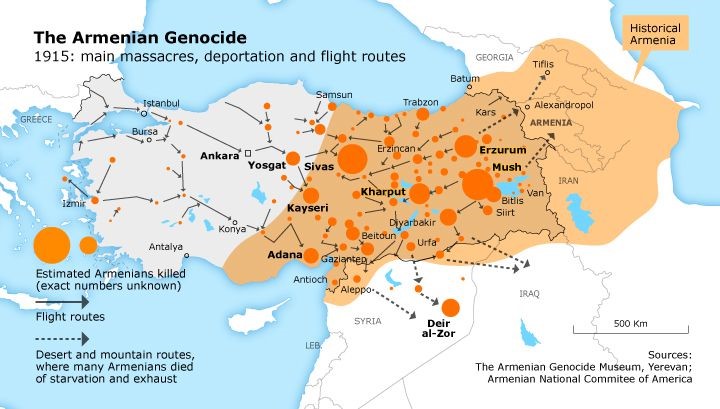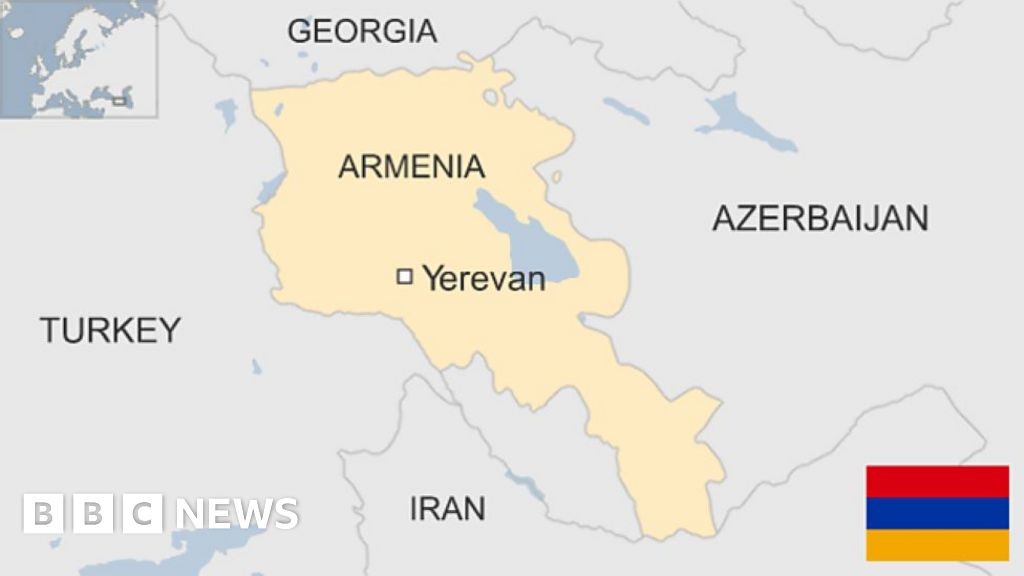





Disclaimer: Copyright infringement not intended.
Context
About Armenian Genocide
What is a Genocide?
Background
About Armenia

About Turkey
|
PRACTICE QUESTION Q) Armenian Genocide was an outcome of Ottoman leaders openly blaming their defeat on Armenians in the region and stating that they had betrayed their empire by fighting for and helping the enemy forces. Examine the validity of this statement. (150 words) |




© 2026 iasgyan. All right reserved